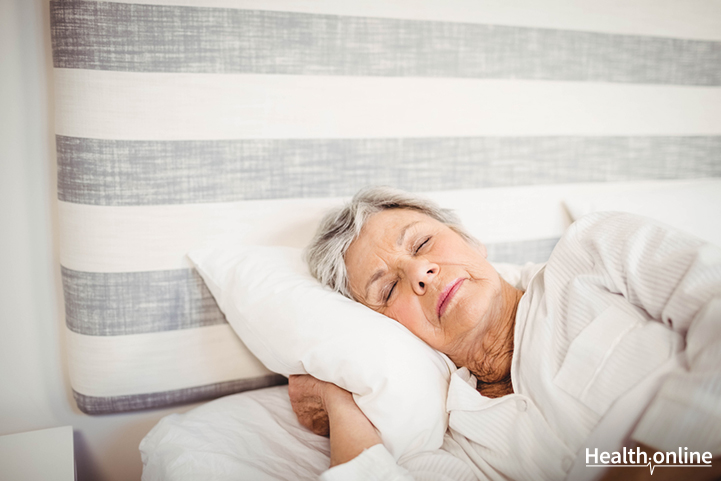
Seniors and Sleep: What You Need to Know
Sleep is an essential part of our lives. It is a part of our body’s regular cycle. It is important to have a regular bedtime to ensure that you have a healthy and stress-free life. Infants and young kids sleep much longer than adults. And most adults rest in a fixed frame of time, which is usually the least amount of time compared to other age-groups. The sleep patterns and timing of older people are entirely different. This is because, with age, a number of bodily functions are affected; with sleep being no exception.
There have been a number of studies on sleep patterns, and the total time for which adults sleep on a daily basis. It was found that on average, an older adult sleeps for at least seven to nine hours. They tend to sleep early in the evening and get up at the beginning of the next morning. Lack of sufficient and timely sleep can lead to various health issues for seniors, which can adversely affect their entire body cycle.
So as you age, if you want to maintain a healthier lifestyle, it is essential that you maintain a proper sleep cycle. Read on to learn all you need to know in order to achieve that.
- There are several factors which make a regular and timely sleep schedule necessary for older adults. Sleep disorders are often detected in elderly individuals who do not get sufficient sleep on a daily basis.
- Sleep-disordered breathing is one of the most common among the disorders which occur when a senior citizen does not have a regular sleep. Sleep apnea, as well as snoring, are among these breathing disorders.
- Sleep apnea is an important and much-discussed health problem among seniors in recent times. The obstructive type of sleep apnea is a common type of sleeping disorder which occurs in the elderly patients. This sleep disorder usually targets the individuals who are obese or have excess fat in their body. Senior citizens, therefore, to take care of their body weight to ensure that their sleep cycle is not disturbed by sleep apnea. Snoring is another disorder which can be disruptive to a senior’s sleep, and therefore needs to be professionally treated as soon as possible.
- Insomnia is another common sleeping disorder which has increasingly been observed among the elderly in recent times. Many older individuals feel tired during the day since they are unable to sleep during the night. Their sleep tends to suffer frequent interruptions through the night. Thus, they feel tired and sleepy throughout the day. Several people do not get treated for insomnia and try to live with it. But if you are truly concerned about your health, it is essential that you get it looked at professionally and not take medication regularly without a prescription.
With ever-increasing lifespans, a growing number of older people lead more active lives for longer. In order to be one of them, you need to keep yourself healthy and fit even as you age. Maintaining proper sleep patterns, sleeping for the right amount of time, and identifying and dealing with sleep disorders as and when they occur – all these are crucial if you wish to succeed in leading that healthier life.




